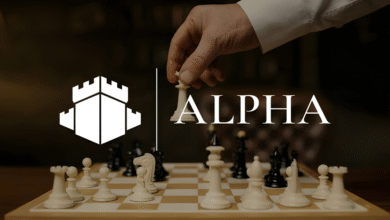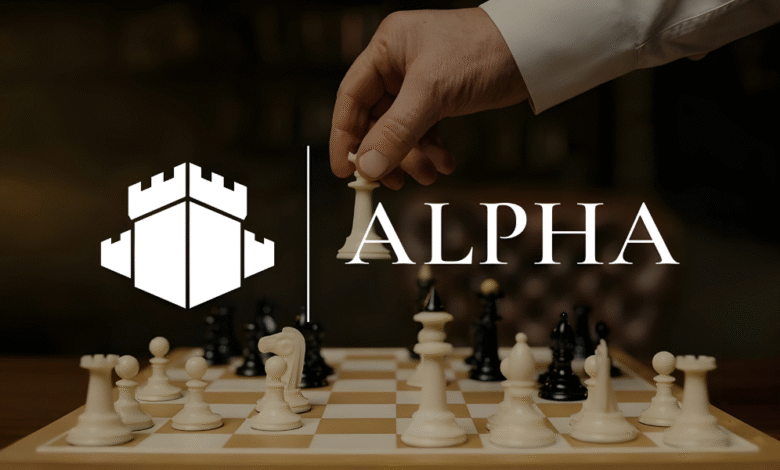Legacy planning, IHT, evolving tax policy and the adviser’s role

As clients age, conversations often shift towards protecting and passing on wealth — especially amid rising property values and frozen tax thresholds.
With pension freedoms changing how many people think about their retirement savings, they are no longer seen as just an income in retirement but also as an opportunity to pass on any unspent pension wealth.
The introduction of an IHT charge, though important, is unlikely to change this, Robert Plumptre, individual annuity trading and performance lead at Aviva, says.
Recently, he has been seeing two broad advice themes emerging.
-
Those pension savers who are relying on their pension pot to provide them with an income are not taking drastic action. Their savings will need to support them throughout retirement. However, many would still like their unused pension to be a legacy for future generations and are likely to put life cover in trust to protect against early death and preserve their legacy.
-
Wealthier clients who had solely intended to use their pension as a tax efficient way of passing on that wealth will see their beneficiaries face the double blow of both IHT and potentially income tax too if death is after age 75. This is prompting these clients to consider giving away those pension assets during their lifetime.
Plumptre says: “This typically means paying income tax upfront, but IHT can be avoided, especially if the gifts satisfy the gifts out of surplus income exemption.”
Nigel Green, chief executive of DeVere Group, says there is more urgency now [to have conversations around inheritance and legacy planning]: “Clients aren’t waiting until their later years to raise these topics. They want to plan early, and they’re often thinking two or even three generations ahead.
“Rising asset values and frozen thresholds have forced the issue. [The topic of legacy and intergenerational wealth in retirement planning] is baked in from the start of the conversation.
“For many, legacy is a key part of their ‘why’: why they save, why they invest. It doesn’t come at the end of the plan; it shapes the plan. As the client’s priorities evolve, we keep revisiting it.”
So, as the IHT reforms draw close, advisers must stay informed and be ready to pivot strategies.
What legacy planning looks like
But what might this mean, in terms of using pensions for legacy, funding trusts, or considering gifting strategies?
Source link














